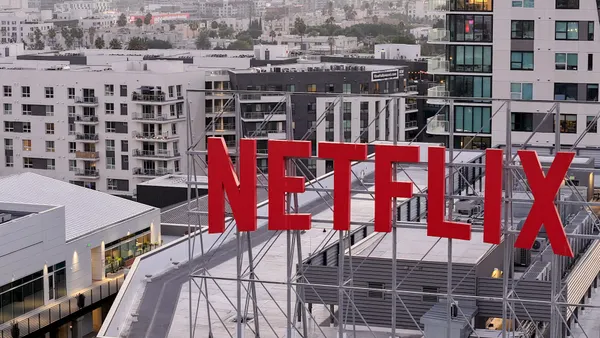Dive Brief:
- Brave Software has released an ad-blocking web browser that strips out webpage ads and inserts its own ads – a move that both denies publishers ad revenue from their websites and provides Brave with revenue from the ads it serves.
- Publishers, not surprisingly, do not like the technology behind Brave’s browser. The Wall Street Journal reported that more than 12 major U.S. publishers – including Newspaper Association of America (NAA) members Advance Local, Digital First Media, Dow Jones, Gannett, Lee Enterprises, the New York Times Co., Tribune Publishing, and McClatchy – have sent Brave a cease-and-desist letter.
- Brave Software, which was founded by Mozilla Co-Founder Brendan Eich, responded to the NAA letter explaining the group “has fundamentally misunderstood Brave. Brave is the solution, not the enemy.”
Dive Insight:
Brave contends it is both offering publishers a way to earn revenue from its browser as well as offering its users a better online experience by stripping out ads that are slow to load, full of tracking devices, and potentially delivering malware.
"Make no mistake: this NAA letter is the first shot in a war on all ad-blockers, not just on Brave. Though the NAA never reached out to us, we would be happy to sit down with them for an opportunity to discuss how the Brave solution can be a win win. We will fight alongside all citizens of the Internet who deserve and demand a better deal than they are getting from today’s increasingly abusive approach to Web advertising," reads Brave's response to the NAA cease-and-desist letter.
Last month Jerrid Grimm, co-founder of Pressboard, describing the state of the current ad-block tech battle to Marketing Dive, said the solution to this debate likely lies on the end user.
He said, "Whether you look at Uber, Airbnb, TiVo (DVR’s), Netflix, or music streaming ... consumer demand always prevails over entrenchment of the establishment. Why would we expect ad blocking to be any different? If this becomes a technological arms race, we’re putting our bet on the consumer winning the war."











